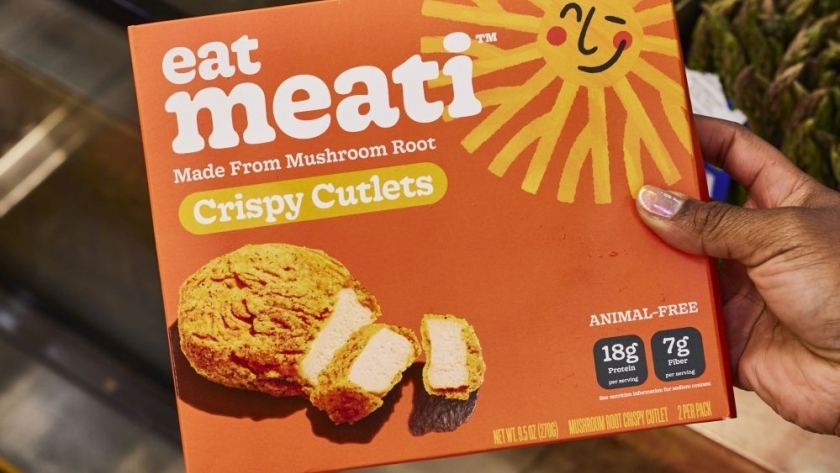
By Agroempresario.com
Meati Foods, a meat alternatives startup, has settled a class action lawsuit filed against it for alleged false advertising. The accusation alleged that the company marketed its products as being made from “mushroom root” when they are actually made from a filamentous fungus called Neurospora crassa, a type of mold.
The case, filed in the Eastern District of California in July, was withdrawn following a private settlement whose terms were not disclosed. However, since a legal class was not certified, other plaintiffs could initiate similar proceedings in the future.
The situation bears similarities to the Quorn Foods case in 2016, which faced lawsuits for presenting its products—made from Fusarium venenatum—as similar to mushrooms. Quorn resolved the dispute by including a warning on its labels: “Mycoprotein is a mold member of the mushroom family. There have been rare cases of allergic reactions to products containing it”.
The lawsuit against Meati argued that consumers would have valued the products less if they had known they were not made from any part of a mushroom. According to the complaint: “Had Defendants accurately disclosed that Meati’s products were made from mold and not ‘mushroom root’, the market value would have been significantly less than the price paid by Plaintiff and the proposed class in California”.

Prior to the filing of the lawsuit, Meati had already initiated changes to its communications strategy, removing the term “mushroom root” from its website and packaging. The company says this transition to describing its products as “mycelium” is a commitment to transparency.
A Meati spokesperson, quoted in the original article, said: “We believe that consumers are smart and while they may not have heard of mycelium before, once they try and understand its benefits, they will adopt the new language. Mycelium is a nutritious product that consumers, whether they are meat eaters, vegetarians or vegans, can enjoy”.
Meati currently sells its products in more than 7,000 stores in the United States, making it one of the most visible startups in the alternative protein sector.
